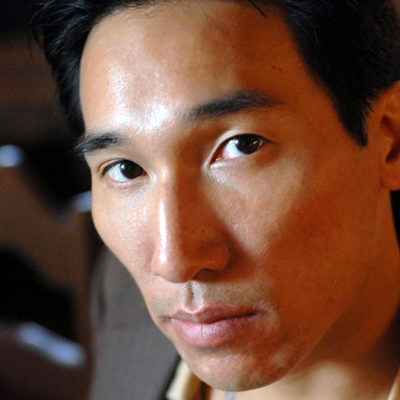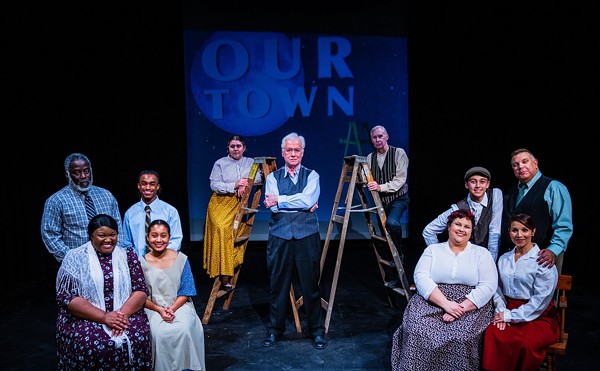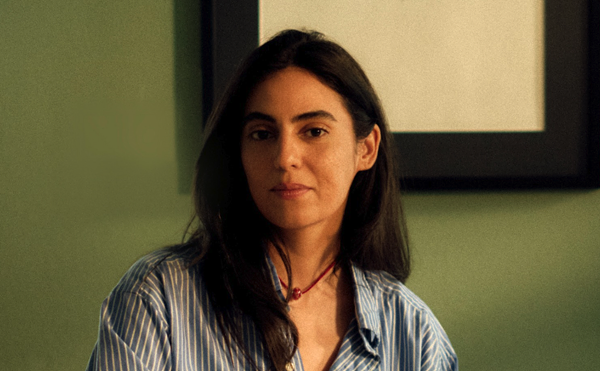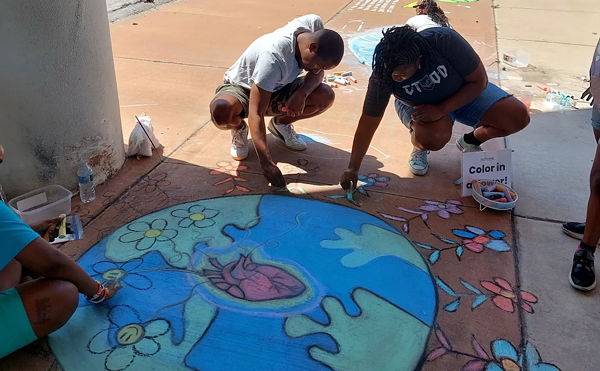With only two weeks before the staged reading of my play A River in the Desert at Gorilla Theatre, we've had to make some quick personnel shifts. First Michael O. Smith, who'd agreed to play one of the two leads, had to pull out because he had too many other commitments. We asked another fine actor, Bob Heitman, to take the role and he graciously accepted. Then Chris Rutherford, who had agreed to play the other lead, also had to drop out because of prior engagements, including one that occurred on the same night as the reading. We're still in the process of finding another actor. Now I should say that these sorts of problems are not at all unusual in the theater. In the years that I've been writing plays I've seen a lead actress break her foot the night before opening, a hired press agent fail to bring any press to a NY show, a director tell actors that he "couldn't put his finger on" the problems that were leading these actors literally to beg for help, and several other sorts of mishaps too distressing to recount. And I've learned that I just have to accept them and move forward as quickly and confidently as possible. I have faith that River's director, Jim Rayfield, will work swiftly to solve whatever problems come up, and I'm willing to provide any help when needed. Hopefully, when the reading premieres January 15, we'll have the right cast and a sharp audience.
Now, about the play itself. It's about a young Nazi who, in 1941, is accompanying the German army into Russian Poland where he finds the elderly Jewish professor who ten years earlier taught him philosophy. The young SS man, Nilsson, idolized this mentor once, but now feels constrained to despise him because he's Jewish.The confrontation between the two — held in a schoolhouse that's been commandeered by the SS — makes up the majority of the play. I had three or four reasons for wanting to write this drama, which I worked on for a year or so and have been revising ever since. For one thing, I wanted to suggest an interpretation of the Holocaust that allows for religious faith without denying the horrors of the event. Another spur was an argument I've long had with existentialism, particularly with the Sartrean idea that humans without an essence — humans living in pure possibility, as young Nilsson believes himself to do — will plausibly act morally. I think the opposite conclusion is just as likely; and existentialism allows for no higher authority to judge between the two ways. As for the spectacle of a morally repugnant student confronting his more admirable professor, I suspect it's been in my mind ever since I saw, more than 20 years ago, Bertolucci's film The Conformist, which has a powerful scene with that shape. But all this came together over a year ago when I was researching the Holocaust for a play set in modern times about a survivor. One of the books I was reading was Martin Gilbert's The Holocaust, and when I came to the section on the German drive into Russia and the atrocities that followed, I suddenly knew I had to write this play. Some of it came easily, some of it was difficult, but I think I'm close to getting it right - at least I hope so. One of the purposes of the Gorilla reading is to answer the question: "Does it work?"
More about this as we get closer to the reading. Our challenge now: to find the right actor to play the part of Nilsson. Then on to rehearsal.

WE LOVE OUR READERS!
Since 1988, CL Tampa Bay has served as the free, independent voice of Tampa Bay, and we want to keep it that way.
Becoming a CL Tampa Bay Supporter for as little as $5 a month allows us to continue offering readers access to our coverage of local news, food, nightlife, events, and culture with no paywalls.
Newsletters
Join Creative Loafing Tampa Bay Newsletters
Subscribe now to get the latest news delivered right to your inbox.















